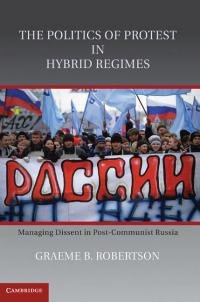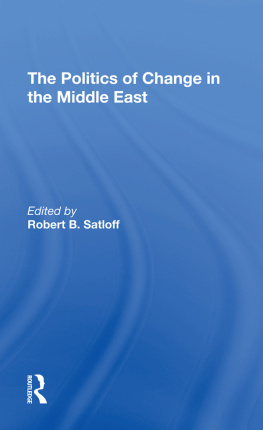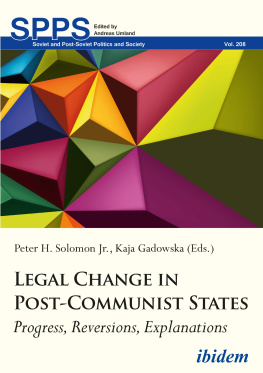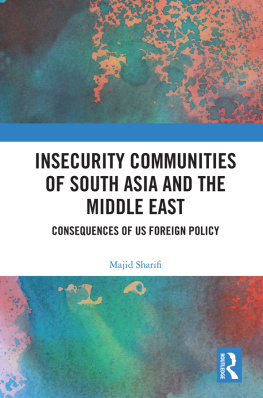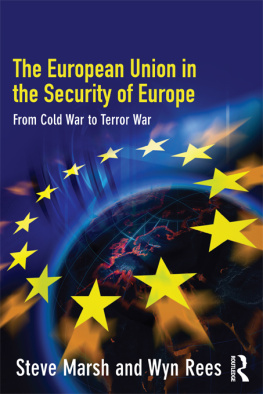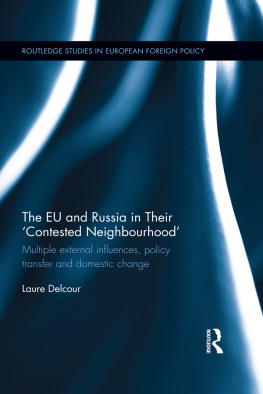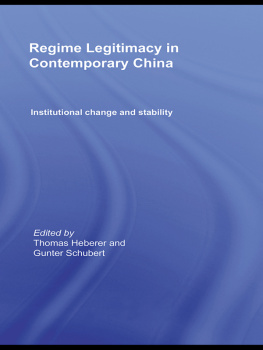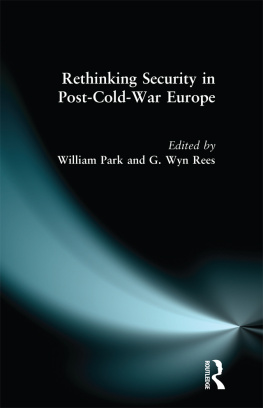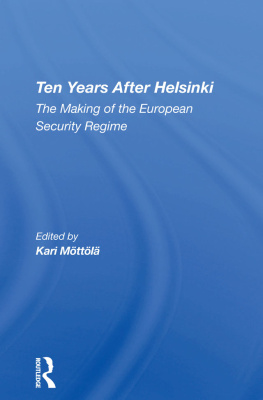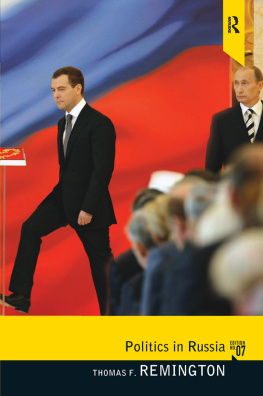Olena Betlii is Associate Professor of History at the National University of Kyiv Mohyla Academy (NaUKMA) in Ukraine. After spending 20052006 as a Fulbright recipient at the University of Illinois at UrbanaChampaign, she established a Center for Polish and European studies at NaUKMA, where she served as director and is still active. She also is an associate with the Center for the Urban History of East Central Europe in Lviv, Ukraine, where she is researching twentieth-century Kiev. Among Betliis recent publications are World War I and Ukraine: The Untapped Paths of History and Memory, Modern Ukraine (2016); Is There a City Turn in Ukrainian Historiography?Or, What Can Western Historiography of the First World War Teach Us and the City of Kiev? in History, Memory, Politics, Collection of Scientific Works (2016); Living in a Modern City. Introduction, in O. Betlii, K. Dysa, and O. Martynyuk, eds., Kiev, the End of the Nineteenth Century to the Middle of the Twentieth Century (2016); and Kiev: City of Problematical Identities, in A. Miller and D. Cherny, eds., An Imperial City in Years of War and Revolution (2017).
Robert K. Evanson is Professor Emeritus of Political Science at the University of MissouriKansas City. Early in his career, Evanson published four articles on politics in Czechoslovakia, including Regime and Working Class in Czechoslovakia 1948-1968, Soviet Studies (1985); and four articles and book chapters on Soviet policies in Latin America, including Soviet Political Uses of Trade with Latin America, Journal of Interamerican Studies and World Affairs (1985). He also coauthored (with James M. Lutz) Soviet Economic Responses to Crises in Eastern Europe, Orbis (Spring 1983). He later cowrote (with James K. Conant) Federalism in the Russian Federation: An Overview, International Journal of Public Administration (1999); and (with Thomas M. Magstadt) The Czech Republic: Party Dominance in a Transitional System, in Clive S. Thomas, ed., Political Parties and Interest Groups: Shaping Democratic Governance (2001). Evanson also published Economic Interest Groups and the Consolidation of Democracy in the Czech Republic, Journal of Public Affairs (2008). He currently is focusing his research on Czech foreign policy.
Katalin Fbin is Professor of Government and Law at Lafayette College, Easton, Pennsylvania. She edited Globalization: Perspectives from Central and Eastern Europe (2007) and served as the editor of a special issue of Canadian-American Slavic Studies that focused on the changing international relations of Central and Eastern Europe. Her book Contemporary Womens Movements in Hungary: Globalization, Democracy, and Gender Equality (2009) analyzes the emergence and political significance of womens activism in Hungary. She contributed chapters to and edited Domestic Violence in Postcommunist States: Local Activism, National Policies, and Global Forces (2010). With Elzbieta Korolczuk, she also edited Rebellious Parents on parental rights and movements in central-eastern Europe and Russia (2017). She now is working on a manuscript analyzing the emergence and policy achievements of the midwifery movement in central Europe.
Francine Friedman is Professor of Political Science at Ball State University. Her main area of interest is ethnic relations in the Balkans, with a specific focus on the former Yugoslavia. She currently is finishing a book about the Bosnian Jewish community. Her previous books include The Bosnian Muslims: Denial of a Nation (1996) and Bosnia and Herzegovina: A Polity on the Brink (2004). She has also recently authored several book chapters on ethno-religious conditions in Yugoslav successor states.
Kurt W. Jefferson is Professor and Dean of Graduate Education at Spalding University in Louisville, Kentucky. His research focuses on small European nations and their political development. He is the author of Celtic Politics: Politics in Scotland, Ireland, and Wales (2011) and of various journal articles, most recently The Authoritarian Voter? The Psychology and Values of Donald Trump and Bernie Sanders Support (with Robert D. Mather) in the Journal of Scientific Psychology (2016). Prior to arriving at Spalding in 2017, he served as assistant dean for global initiatives, director of the Churchill Institute for Global Engagement, and professor at Westminster College in Fulton, Missouri.
Joanna Kaminska is a Foreign Policy Advisor at the Committee on Foreign Affairs in the European Parliament. She also is a Senior Research Associate at the Institute for European Studies at Vrije Universiteit Brussel (IES-VUB). She holds a PhD from the University of London, Royal Holloway College (where she was a British Chevening Scholar) and has published extensively on foreign policy issues, including Poland: the New Agenda Setter, in Michael Baun and Dan Marek, eds., The New Member States and the European Union: Foreign Policy and Europeanization (2013); Poland and EU Enlargement. Foreign Policy in Transformation (2014); and The European Parliament and the Revised European Neighbourhood Policy, in Dmitris Bouris and Tobias Schumacher, eds., The Revised European Neighborhood Policy (2017).
Carol Skalnik Leff, who received her PhD in Government from Harvard University, is Associate Professor of Political Science at the University of Illinois, UrbanaChampaign with a specialization in eastern European politics. She has written a number of articles and two books on Czech and Slovak Politics: National Conflict in Czechoslovakia: The Making and Remaking of a State, 19181987 (1988, paperback 2014) and The Czech and Slovak Republics: Nation vs. State (1997). She is currently researching the evolution of postcommunist elites and majority-minority politics in eastern Europe. She serves on the editorial boards of the journal Slovakia and The Journal of Cold War Studies.
David J. OBrien, Professor of Rural Sociology, University of MissouriColumbia, has studied household and community adaptation to change in US urban areas (Neighborhood Organization and Interest-Group Processes, 1975); ethnic communities (S. S. Fugita and D. J. OBrien, Japanese American Ethnicity: The Persistence of Community, 1991); rural Missouri (D. J. OBrien, A. Raedeke, and E. W. Hassinger, The Social Networks of Leaders in More and Less Viable Communities Six Years Later, Rural Sociology, 1998); and east Africa (D. J. OBrien and M. L. Cook, Smallholder Dairy Entities in East Africa: Challenges and Opportunities, in J. Bijman et al., eds., Cooperatives, Economic Democratization and Rural Development, 2016). His research on post-Soviet rural household adaptation, with Valery Patsiorkovsky and Stephen Wegren, includes: D. J. OBrien and V. V. Patsiorkovsky, Measuring Social and Economic Change in Rural Russia: Surveys from 1991 to 2003 (2006); D. J. OBrien and S. K. Wegren, The Underrepresentation of Women in Leadership Positions in Rural Russia, Rural Sociology (2015); and S. K. Wegren and D. J. OBrien, Introduction to Symposium: The Problem of Smallholders in Communist and Post-Communist Societies, Journal of Agrarian Change (2018).
Valery V. Patsiorkovskiy is Professor, Dr. Sc. in Economics and a Laboratory Chief in the Institute for Socio-Economic Studies of Population, Russian Academy of Sciences, Moscow. He specializes in public and social services in the urban and rural areas of Russia. From 1991 to 2018 he was the principal investigator, Russian side, in the Russian Village Studies Projects. He is the author and coauthor or editor of many books including Paid Services (1991); Household Capital and the Agrarian Problem in Russia


